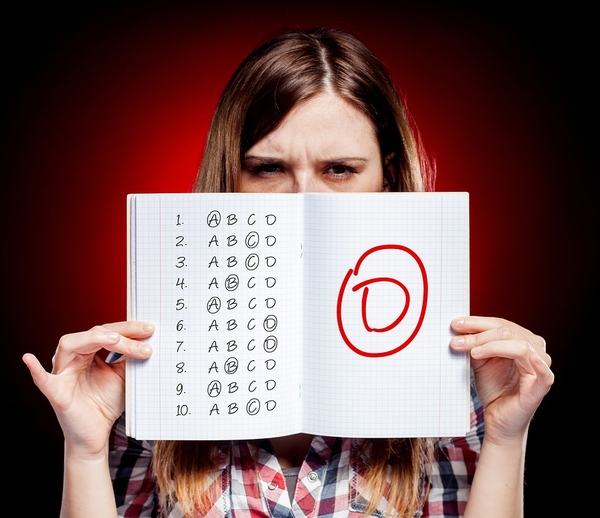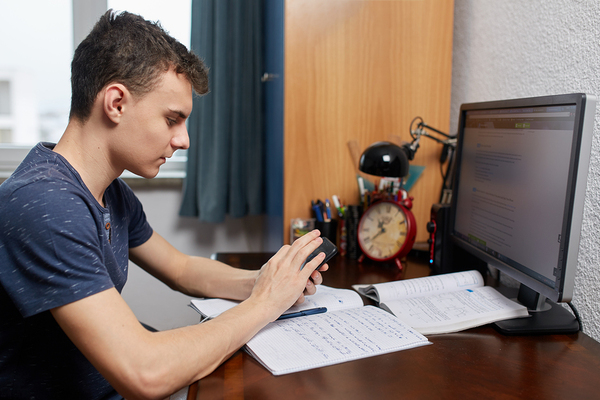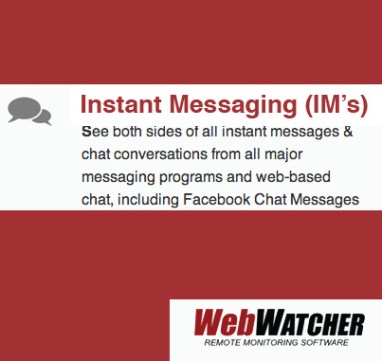It’s always disturbing when your teen brings home a bad report card. By the time your child is in middle school, they may already be in the process of being sorted into college track or non-college track classes. College admissions officers will scrutinize your child’s high school transcript. Ensuring that they get good grades now can be the key to a successful future, but teens don’t always think that far ahead. It’s up to parents and teachers to make sure that teens stay on track. Many parents are inclined to place the blame for bad grades on their teen’s screen use. Are they right?

What Impact Does Technology Have on Grades?
It’s a complicated question. On the one hand, a computer, a tablet, or even a smartphone could be a powerful educational tool. Your teen has access to an infinite number of resources for information and learning in their pocket or backpack. For some teens, such as those who don’t have easy access to a library outside of school, this technology can provide previously unavailable benefits, such as plagiarism checker available at Edubirdie.
Using technology can also be a lesson in and of itself. Your teens will most likely go into a workforce that looks vastly different than the ones that the generation before entered into in early adulthood. The ability to multitask, practice professionalism even when tweeting or texting, and conduct complicated interactions via video or another internet platform will be a baseline, expected skill in their professional lives.
On the other hand, technology can also be a massive distraction. In addition to buy cheap essay & endless amounts of information, it also provides endless educational entertainment. A 2016 poll of teens found that 50% admitted an addiction to mobile devices. And it can also be a source of bad or misleading information.
What Are The School’s Policies?
When trying to decide how to deal with technology’s intersection with your teen’s education, it’s important to find out how your child’s school handles the issue. Different schools, and even different teachers within the same school handle technology in vastly different ways.
Some ban all devices from the classroom, some stick to computers or tablets but ban phones, and some welcome all devices and seek to incorporate them into learning. It’s important to know what the school is doing so that you can support it. If a school bans cell phones from the classroom, for example, you need to know that so that you can reinforce it at home.
Finding a Balance

It’s difficult to know exactly where the line is between technology as an educational aid and technology as a distraction. Studies of mobile phone use in teens have found that while high-achieving students are not impacted much by whether or not they use smartphones, struggling students have worse outcomes with smartphones than without them. This suggests that if your teen is struggling, it may be time to limit smartphone use.
There are apps that you can install that encourage and even reward time spent away from the screen. One-on-one tutoring that excludes mobile devices—with a teacher, and outside tutor, or even a parent—can help raise grades and get struggling students back on track. While your student might need a computer to do their homework, it might be more productive to stick with the computer and ban the phone during homework time.
Monitoring your child’s technology use can help you understand how much time they’re spending on educational pursuits and entertainment. You can use that information to set new rules or restrictions on your teen’s internet use. To find out more about how parental monitoring software can help you keep your kids on the right academic track, get our free trial.





